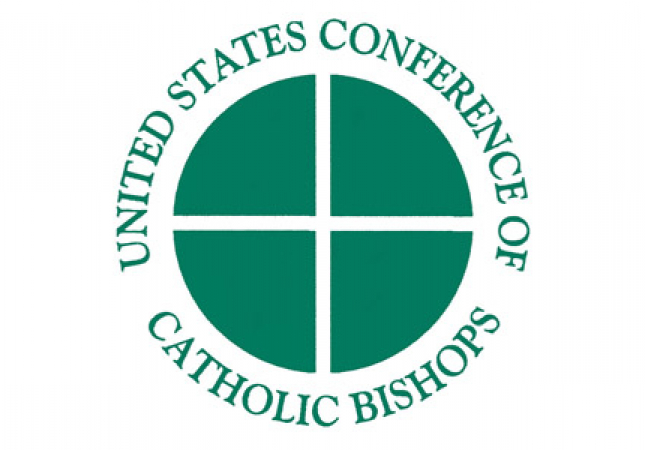
WASHINGTON – As the observance of Hispanic Heritage Month (September 15 – October 15) begins, Bishop Arturo Cepeda, auxiliary bishop of Detroit and chairman of the U.S. Conference of Catholic Bishops’ (USCCB) Subcommittee on Hispanic Affairs says both the Catholic Church and American society must acknowledge the historic and current contributions of Hispanic and Latino leadership in all spheres of church and society.
This year, Hispanic Heritage Month is especially meaningful as the Catholic Church in the United States is reaping the fruits of a four-year process called the V {Fifth} National Encuentro of Hispanic/Latino Ministry. The main goal of the V Encuentro has been to discern ways in which the Church in the United States can better respond to the Hispanic/Latino presence, and to strengthen the ways in which Hispanics/Latinos respond to the call to the New Evangelization as missionary disciples serving the entire Church and society. The V Encuentro and the previous four Encuentros have recognized how Hispanics/Latinos have been woven into the very fabric of Church and society in the U.S. for many generations.
In preparation for, and during the V Encuentro process, significant demographic research was conducted and aggregated on the presence of Latinos in the Church and in U.S. society. Some of the findings include the fact that from 1990 to 2016, the U.S. Hispanic/Latino Catholic population increased by about 13.7 million, while the overall U.S. Catholic population only increased by about 3.6 million. This demonstrates that Hispanics have been a major driving force behind the growth of the Catholic Church in the United States over the last three decades. An additional finding was that the percentage of U.S. Hispanics/Latinos who were Catholic in 2016 was 52%, and just over half of the Catholics under age 50 were Hispanic/Latino. These and other statistics are included in the V Encuentro demographic research report and media kit.
“As the formal V Encuentro process transitions into its implementation phase, it is clear that the numerous initiatives emanating from it show the enthusiasm and vibrancy of the Church,” said Bishop Cepeda. In order to help highlight this, the USCCB’s Subcommittee on Hispanic Affairs will be conducting a national V Encuentro event virtually on October 9 and10. “It is our hope that this event will help participants to visualize the future of Hispanic/Latino ministry both at the local and national level, and of Hispanic leadership and participation within their organizations,” said Bishop Cepeda. “We will also celebrate and rejoice in the fruits of the V Encuentro and our Catholic faith as we are sent forth, once again, as joyful missionary disciples.”
This virtual gathering is designed to help dioceses, parishes, and Catholic organizations drive home the findings of the V Encuentro and assist them in identifying, creating, or fine-tuning their pastoral responses at the local level. The ongoing health and economic constraints generated by the COVID-19 pandemic impeded a good number of dioceses and regions from in-person gatherings to complete the V Encuentro process, as originally planned.
“The V Encuentro process has showcased the deep faith and commitment of Hispanics and Latinos to the Church. At the same time, it has demonstrated their entrepreneurship, profound awareness and care about the social ailments of our society, as well as their strong commitment to social justice, including a wide range of life issues,” said Bishop Cepeda. “Hispanics, and in particular Hispanic Catholics, are determined to be part of the solution to the current reality: the COVID-19 pandemic, the call for racial justice, and the continuing impact of global climate change.”
At the national level, these priorities include leadership development, particularly of Hispanic/Latino young adults, a focus on strengthening marriage and family life, evangelization and catechesis with a strong scriptural component, vocational discernment, educational attainment, and generating responses to the pastoral challenges generated by the COVID-19 pandemic, which has disproportionately affected people of color, particularly Blacks and Latinos.